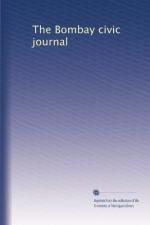|
This section contains 872 words (approx. 3 pages at 300 words per page) |

|
One Person's Terminal Political Community
Summary: A self-analysis of one person's membership of both a terminal political community, defined as a community that commands ultimate loyalty over and above any collectives either within or outside the community, and a collective that lacks this quality. In this case, the person belongs to both the terminal political community of Americans and the collectivity of the Buddhist church. The self-analysis compares the structural and psychological basis of the person's membership in each, as well as the types of claims that each collectivity can make on that person.
With a nation being a terminal political community and defined by Rupert Emerson as a "community that commands ultimate loyalty, overriding claims of smaller collectivities which are included within it, and excluding claims of collectivities that are external to it, or cut across it," I identify myself as a member of the terminal political community of Americans. On the other hand, I also belong to a collectivity that lacks the terminal quality, namely the Buddhism church. Although there are similarities of the structural and psychological basis of my membership in both the Americans and the Buddhism church, the claims that Americans make of me, such as obligations, greatly exceed that of the Buddhism church's claims.
For my membership as an American, the structural basis or the system's boundaries where the membership comes from the vantage point of the system, the nation depicts an imagined community, imagined as both...
|
This section contains 872 words (approx. 3 pages at 300 words per page) |

|


